In this article, I’m going to discuss how to use phenibut for alcohol withdrawal. Phenibut is a popular brain supplement that is available in some stores and over the Internet. It is most often used to induce relaxation and boost cognitive function.
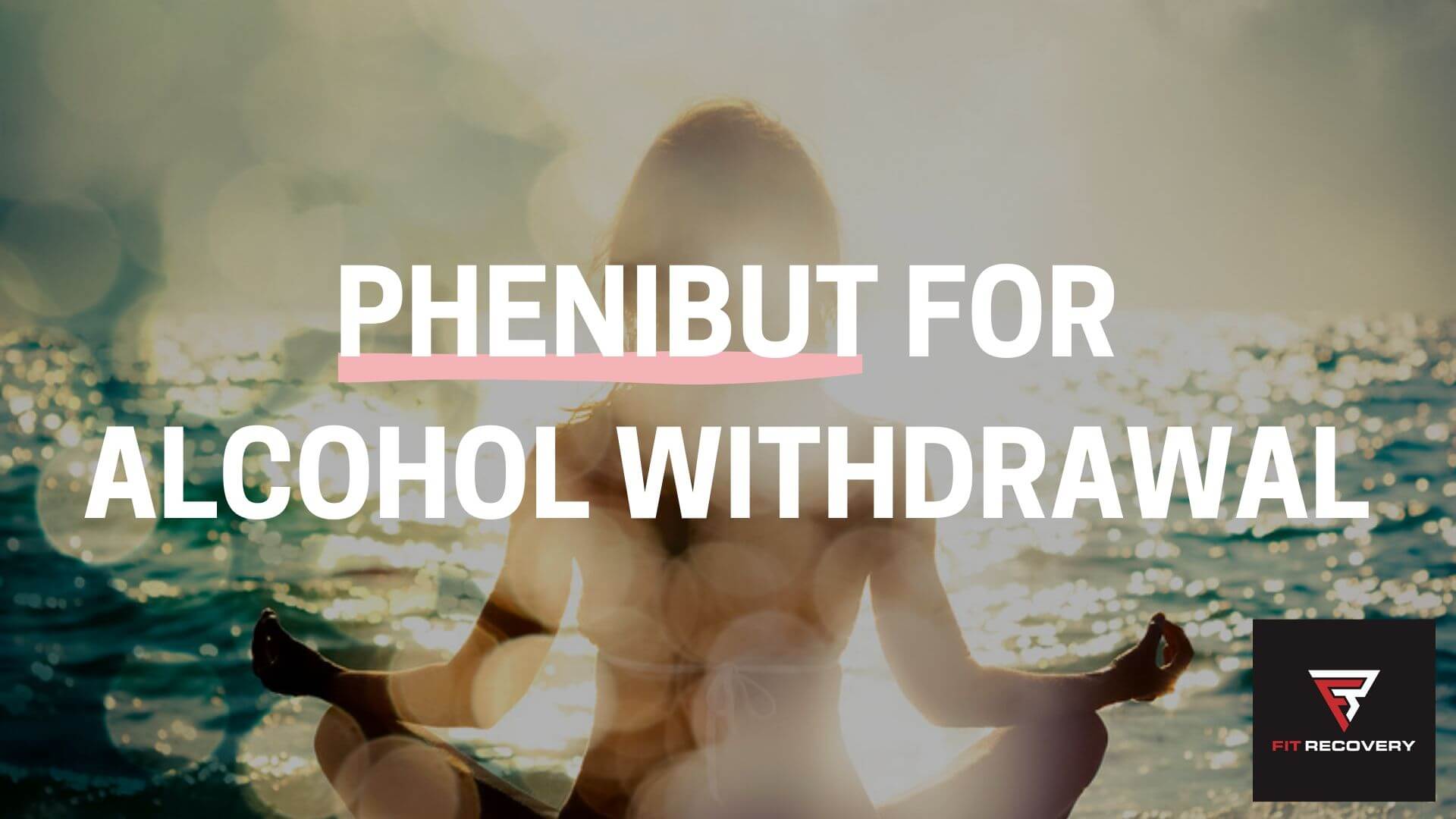
(Update: The FDA has banned it as a dietary supplement. It may still be available in some places, but this article is for informational purposes only and does not link to any products.)
People who cross the line from heavy drinking to addiction are often shocked at how difficult it can be to quit drinking. Quitting drinking gets harder over time, or after repeated episodes of withdrawal, because of a brain phenomenon known as kindling.
While doctors typically prescribe tranquilizers called benzodiazepines for detox, it is possible to use this supplement at home to alleviate mild to moderate withdrawal symptoms.
The main risk with using this treatment is that tolerance and dependence can develop with daily use of doses in excess of 1 gram.
However, this risk can easily be avoided with responsible usage of low-dose phenibut.
I will explain how precautions can be taken if you’re using it, and what dosages are considered to be safe.
It’s always best to seek medical attention from a professional when you’re experiencing severe withdrawal symptoms.

Pharmacology
Originally developed for Soviet astronauts in the 1960s, phenibut is an anxiolytic, meaning that it reduces anxiety, and a nootropic, meaning that it boosts mental performance.
Prescription tranquilizers often leave people feeling loopy and tired, which is obviously problematic for astronauts who merely need to stay calm. Its unique ability to bring about relaxation without impairing focus provided these astronauts with a superior solution.
Like alcohol and benzodiazepines, this supplement activates GABA receptors in the brain. GABA is an inhibitory neurotransmitter associated with feelings of calm.
- Alcohol – Stimulates GABA-A and GABA-B receptors
- Benzodiazepines – Stimulates mainly GABA-A receptors
- Phenibut – Stimulates mainly GABA-B receptors
All three of these drugs have a certain degree of cross-tolerance, meaning that they can be substituted for each other to obtain similar effects. Like alcohol, this supplement mildly increases the concentration of dopamine in the brain.
The scientific name is Beta-Phenyl-GABA, and it is distinguished by a phenyl ring that allows it to cross the blood-brain barrier with ease. Pure GABA supplements are less effective than phenibut because they are are not well absorbed across the blood-brain barrier. It is very similar in structure to GABA.
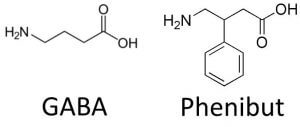
It is also structurally similar to baclofen, another GABA-B receptor agonist, which is available by prescription only. In fact, the difference between baclofen and phenibut is only one chlorine atom. Baclofen is becoming well-known for its ability to combat withdrawal symptoms and cravings.
In the U.S., it is currently sold as an unregulated supplement, either in capsules or as a powder. In Russia, it is regulated as a prescription drug. It is widely prescribed there for the following maladies:
- Anxiety
- Depression
- Post-traumatic stress disorder
- Addiction
- Insomnia
More research is needed, but its pharmacology and safety is well-established in the scientific literature:
- Phenibut is effective as both a nootropic and an anxiolytic (source)
- No deaths have been solely attributed to phenibut (source)
- The effects of 1 gram of phenibut are equivalent to 8-10 mg of baclofen (source)
How To Taper Phenibut
Intoxication causes a spike in GABA levels and withdrawal involves a plunge in GABA. Many withdrawal symptoms such as psychological discomfort and panic attacks are caused by insufficient levels of GABA in the brain. Using phenibut can be effective because it activates GABA receptors in the brain.

Using this option can provide temporary peace of mind and help prevent a short-term relapse. Back when my drinking habit was equivalent to a bottle of wine per night, a taper might have helped me feel more comfortable if I’d decided to quit drinking.
At this point in time, my withdrawal symptoms consisted of nervousness, low-level depression, and occasional panic attacks.
Of course, I had no idea what this supplement was during this phase of my drinking career. If I had known then what I know now and decided to buy some of it, here is how I would have proceeded:
- I would begin with 1 gram on the first day with no alcohol, divided in four 250 mg doses throughout the day. (Dividing doses in this way allows you to assess its effects after the first low dose.)
- Note: Alcohol and phenibut should never be mixed because they act on the same receptors.
- I would taper off by 250 mg per day until I got down to a 250 mg dose, which I would then cut in half to 125 mg for my fifth day of the taper.
- The taper would look like this: 1 gram on Day 1, 750 mg on Day 2, 500 mg on Day 3, 250 mg on Day 4, and 125 mg on Day 5.
- I would therefore take this supplement for 5 days at most, and in a very controlled fashion.
Note: Phenibut dependence can occur in 10 days at a sustained dose of 1-3 grams per day. The half-life of it is about 5 hours, but because it is processed slowly by the kidneys, its effects can linger for up to 12 hours.
I should mention that 3 grams is a VERY large dose. Horror stories about the withdrawal on the Internet come from people who for some reason decided to mega-dose for months at a time.
I recently read a scathing review of it from a guy who took 20 grams per day for 6 months straight and was angry about experiencing hallucinations after he quit!
One of the best habits to cultivate after you quit drinking is to respect your brain.
The best way to do this is to fully grasp the nature of anything you decide to put in your body to enhance your quality of life. This includes all food, nutrients, herbs, supplements, and drugs.
Over the past year, I’ve taken very low doses (100-200 mg) before air travel and big events.
While I have never felt “high,” the effects are always very smooth and I have never developed a tolerance or withdrawal issue.
Here are some other things to consider:
- Because we are all biochemically different, some people do not respond well.
- If you quit drinking at home, make sure you have support and that you repair your body proactively!
- Don’t take this supplement until you’ve quit drinking. One drink on phenibut feels like several drinks and blackouts are common.
- Even if you successfully use it, you will still need to repair nutrient deficiencies caused by excessive drinking. Once you taper off, you may be left with cravings, depression, and low motivation.
- After you quit drinking, it’s important to have external support for your new lifestyle and to renew your sense of purpose in life. When I quit drinking, I began a personal transformation that permanently altered my view of drinking culture while making me a much happier person.
Post-Detox Considerations
If you are mildly or moderately dependent on drinking, using this medication can ease discomfort as you make the right choice to quit drinking.
As my experience has shown, it can also make the most uncomfortable situations in life a bit easier to deal with.
Even if your symptoms aren’t severe, envisioning life without alcohol is hard enough. Nervous exhaustion and insomnia can make the task of quitting drinking seem nearly impossible.
But while phenibut is a very effective supplement in the short term, it is not a cure-all for the physical damage caused by alcoholism. It is not regulated as a drug, but in my opinion, it is closer to a drug than a supplement.
The best approach is to opt for a Multi-Nutrient Formula that can help you to rebalance your biochemistry naturally and in a non-addictive way, and start producing the GABA that you need to feel calm.
Many people who quit drinking feel tortured by depression or cravings for long periods of time. These other symptoms are often caused by the following problems:
- Low dopamine
- Low serotonin
- Magnesium deficiency (my life changed when I began taking magnesium!)
- B-vitamin deficiencies
- Other vitamin and mineral deficiencies
- Poor liver health
Conclusion
I hope you’ve enjoyed this article. If you’re in the position that I was once in before I quit drinking, I feel your pain. Subscribe to my email list to stay posted on future articles that can help you down the road.
If you have any questions about using phenibut for alcohol withdrawal, please leave them in the comment box below.

FAQ:
Can you drink alcohol while on Phenibut?
Do not drink alcohol while taking this supplement. Alcohol can increase the side effects, including sedation, dizziness, and loss of coordination. The interactions between them are similar to those between alcohol and benzodiazepines.
Is baclofen the same?
They are identical in molecular structure except for one chlorine atom. The effects of 1 gram of phenibut are equivalent to 8-10 mg of baclofen (source). In some countries including Russia, phenibut is prescribed as a drug. In the U.S., only baclofen is available for prescription, and phenibut is labeled as a research chemical that is not intended for human consumption.
Is Phenibut intoxicating?
It is intoxicating because it stimulates GABA and dopamine activity. It has relaxing and euphoria-inducing effects that are somewhat similar to alcohol or benzodiazepines but is often less sedating at low doses. In the U.S., it can be sold only as a research chemical that is not intended for human consumption.
Author
-
A decade+ addiction-free, Chris Scott, the visionary founder of Fit Recovery, passionately guides Fit Recovery 2.0 Members toward a vibrant, healthier lifestyle. Through the integration of groundbreaking nutritional strategies, transformative reframing techniques, neurolinguistic programming, and dynamic pro-recovery habit systems, he inspires individuals to boldly take charge of their lives and break free from alcohol. Chris is celebrated as a Professional Member of the Alliance For Addiction Solutions. Moreover, he is the proud author of the bestselling book "Drinking Sucks!" which stands as a vital beacon of hope for those yearning to quit drinking. Additionally, he created the celebrated online program Fit Recovery 2.0, designed to provide unwavering support for individuals embarking on their recovery journey.
View all posts Fit Recovery Founder & Director





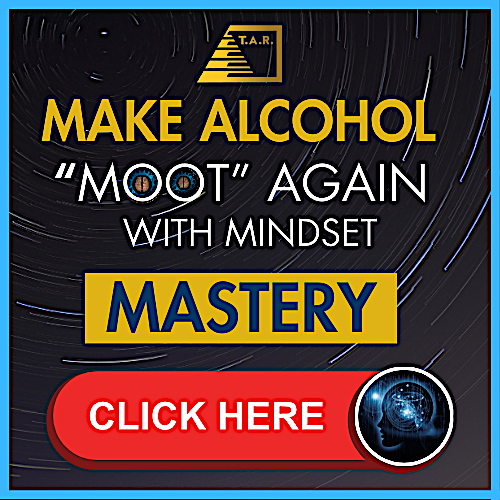
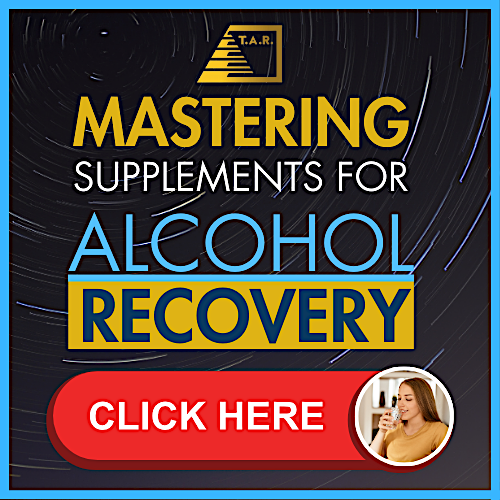
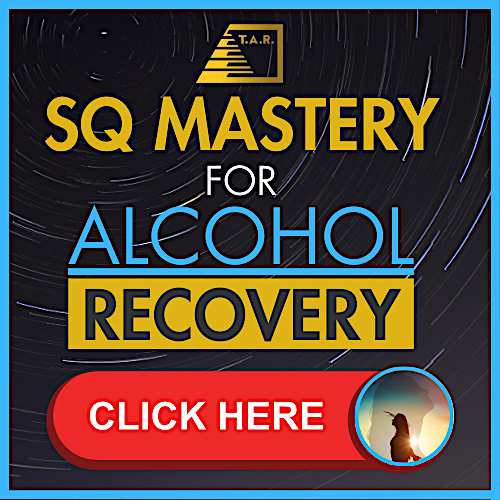


This worked great for me; I was drinking 10–18 units a day and followed this. Tomorrow I’m supposed to go down to 125 mg, but my caps are 250mg. I opened one and dumped it out. I refilled the cap with as close to half of the powder as I could, but I think I’ll be fine. I had a few heart palps on days 1 and 3, but besides that, no WD worked almost as well as Librium in the past without an ER trip.
[…] have revealed that magnesium it can assist reduce signs and symptoms of stress and anxiety and also advertise much better rest. A randomized, double-blind, placebo-controlled test released in the Journal of […]
Chris, love your open mind with everything. I was taught AA is the only way and when that failed I thought I was screwed. I used kratom and and that killed all alcohol cravings. My health has improved dramatically
Awesome Brad! Keep it up buddy!
Hi Chris, I’ve read your book almost all the way through, I just bought over $100.00 worth of supplements/vitamins you recommend, I’ve got a too-big jar of Phenibut, and here I go. I cannot afford the time off from work to go to a traditional detox for a few days. I’ve been at a pint a day, sometimes a little more, sometimes a little less, for a few months. I’ve read a lot about Phenibut, and I’m aware it reportedly can be very addictive with severe withdrawals. About an hour ago I took 1/2 gram and will take another 1/2… Read more »
Hi Ricky! Take care not to use phenibut for too long – dependence is not fun. But I’ve had great experiences using it occasionally for insomnia or recreation. The other supplements you have are much more important for long-term repair. You can do this!
My husband has been suffering from insomnia and high anxiety for 3 months now after leaving alcohol. I saw ur article and ordered phenibut, it’s taken a while to get here but it’s supposed to arrive today. Can he take supplements while on phenibut? He took Librium for 10 days and it’s the only thing that let him sleep but he went straight back to little to no sleep right after tapering off of this. We are worried phenibut will do the same. That’s why I want to see if he should take supplements while on phenibut.
Hi Veronica, many people take other supplements while using phenibut temporarily for anxiety or insomnia. Do take care not to use phenibut for longer than a week, as it can cause dependence. Best of luck to your husband!